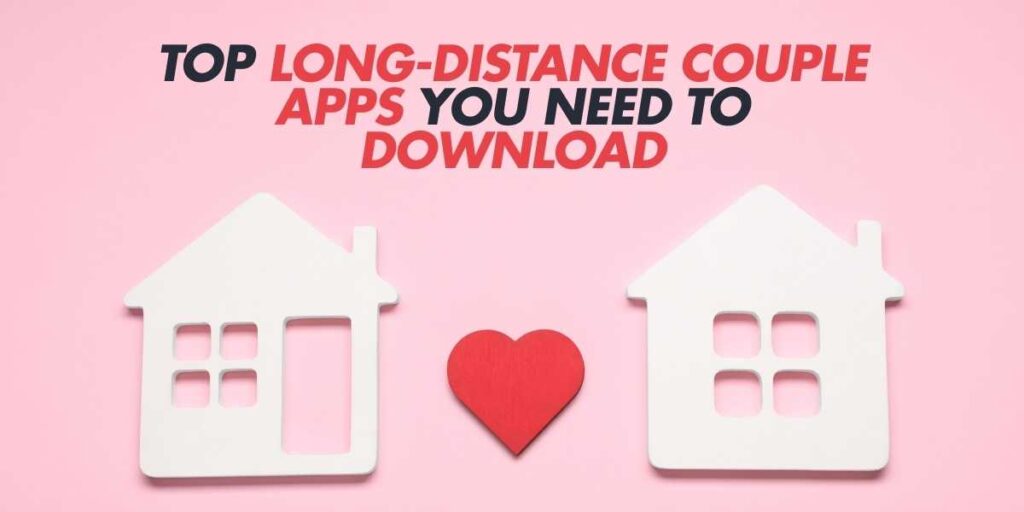Gender equality significantly impacts relationships, influencing how men and women interact. The evolving dynamics foster healthier, more respectful connections when both parties are treated as equals, supporting a partnership rooted in mutual respect and understanding.
In recent years, the fight for gender equality has transformed societal structures and nuanced interpersonal interactions. Traditional gender roles, which often dictated how partners would behave in relationships, are being challenged. As women become more empowered and men embrace sensitivity, the landscape of heterosexual relationships, in particular, experiences a shift that calls for a reevaluation of expectations.
Shifting Power Dynamics
The prior norm where men were the predominant breadwinners and women were relegated to caretakers is no longer the standard in many societies. This shift enables women to pursue professional ambitions without the apronstring attachments of yore. However, it also raises questions about balance in personal relationships. Men who feel beholden to outdated norms may exhibit resistance or uncertainty in their interactions, leading to strife or misunderstandings in relationships.
Breaking Gender Stereotypes
Both men and women are now encouraged to break out of the confinements of traditional gender roles. Women are no longer expected to downplay their intelligence or success to maintain peace at home. Conversely, men are slowly becoming more comfortable expressing vulnerability, which builds deeper bonds within relationships. Embracing these changes helps dismantle the stereotypes that have crept into many areas of life, from the workplace to the home.
Effects on Emotional Connection
As gender roles shift, the way couples connect emotionally undergoes significant changes. Relationships aren’t just about fulfilling societal roles; they become an arena for genuine emotion. Communication improves when both partners feel free to express their true selves. This evolution toward an egalitarian model nurtures a more authentic connection, reducing resentment born from disproportionate responsibility or expectation.
Challenges Faced
Despite the progress, challenges remain. Some men struggle with the perception that they might become less attractive as traditional male dominance wanes. For women, the fear of intimidating potential partners due to their success lingers. These anxieties are echoes of past norms and call for open conversations and societal support to overcome them.
Navigating Modern Relationships
Couples today are tasked with navigating these novel dynamics while respecting each other’s aspirations and limitations. By understanding that true partnerships are built on equality and mutual respect, couples can overcome hurdles posed by evolving gender norms. This advancement allows them to explore deeper intimacy and a shared life vision.
Building Respectful Relationships
Incorporating respect into daily interactions is crucial. Understanding and valuing each other’s roles, whether in career aspirations or household duties, creates a balanced relationship. When responsibility is shared equitably, it fosters a robust sense of cooperation and love.
Encouraging Open Communication
Open communication is a cornerstone of healthy relationships. Couples are encouraged to discuss fears, dreams, and expectations openly, which can mitigate misunderstandings and foster compassion. Regular conversations help partners adjust to any change in dynamic, assisting in maintaining the equilibrium of the relationship.
| Gender Equality Effects | Relationship Impacts |
| Reduced Traditional Roles | Encourages shared responsibilities and balanced dynamics. |
| Increased Respect | Fosters mutual understanding and stronger connections. |
| Open Communication | Enables honest discussions that breach stereotypes. |
A Broader Perspective
While heterosexual relationships experience considerable shifts, communities like the LGBTQ+ serve as examples of relationships unbound by traditional gender norms. These communities often illustrate the broader acceptance and integration of varied identity and relationship structures, offering a roadmap to appreciating individuals beyond outdated stereotypes.
Conclusion
The journey towards gender equality in relationships is filled with transformative potential. By shifting away from rigid roles and embracing flexibility within interactions, relationships can evolve into partnerships that celebrate individuality and shared growth. As society continues to grapple with these changes, open-mindedness and a sense of collaboration will remain crucial for building a future where love and equality coexist harmoniously.





